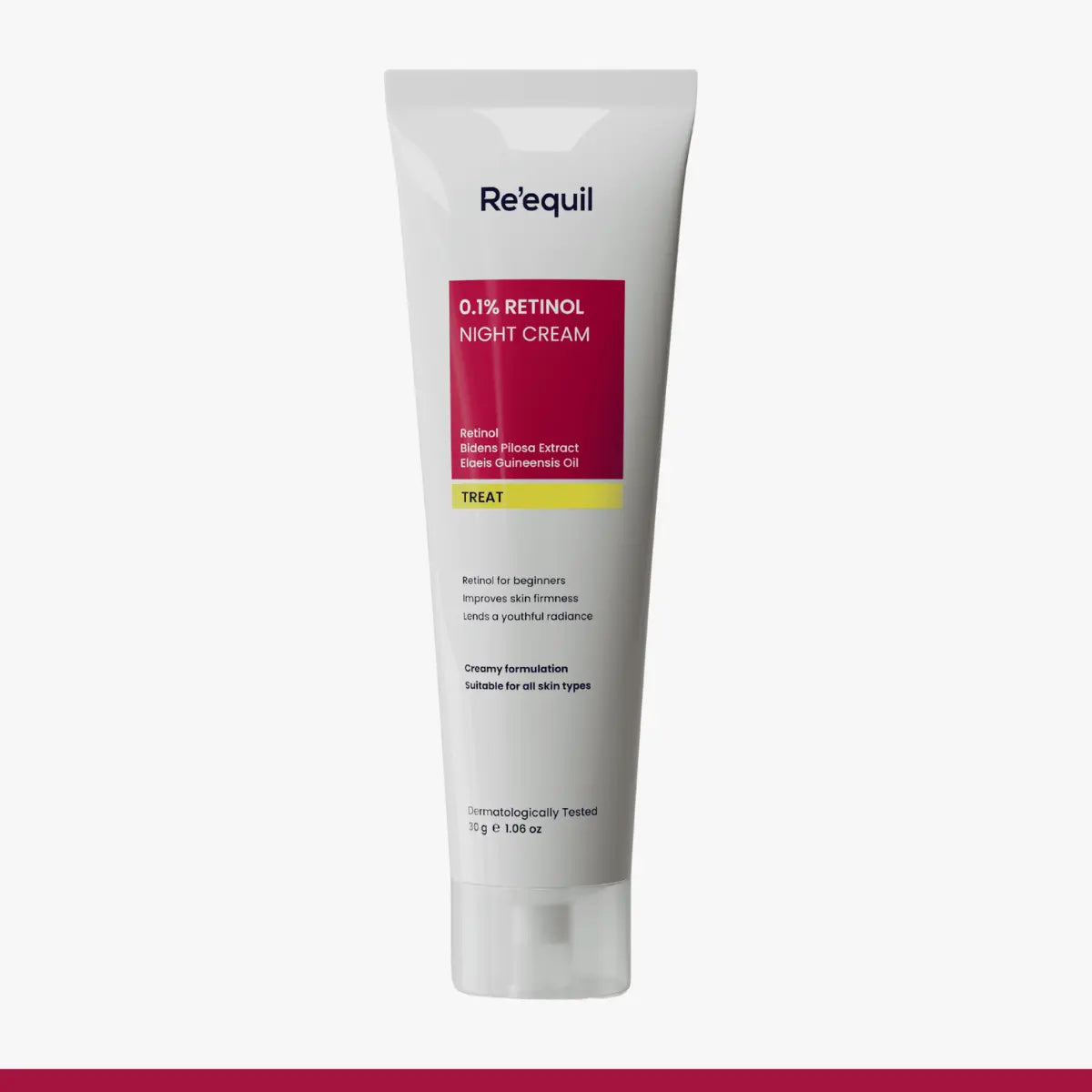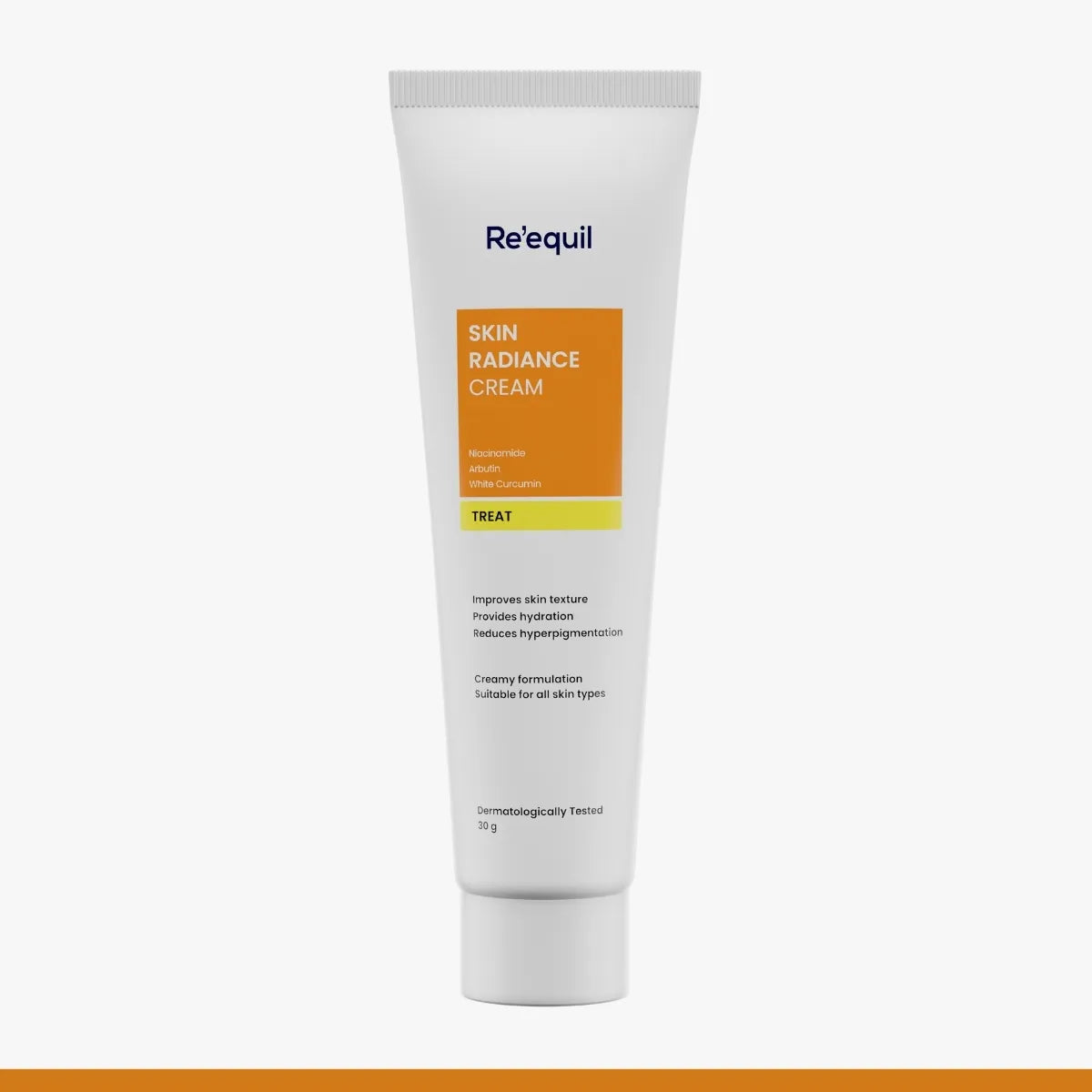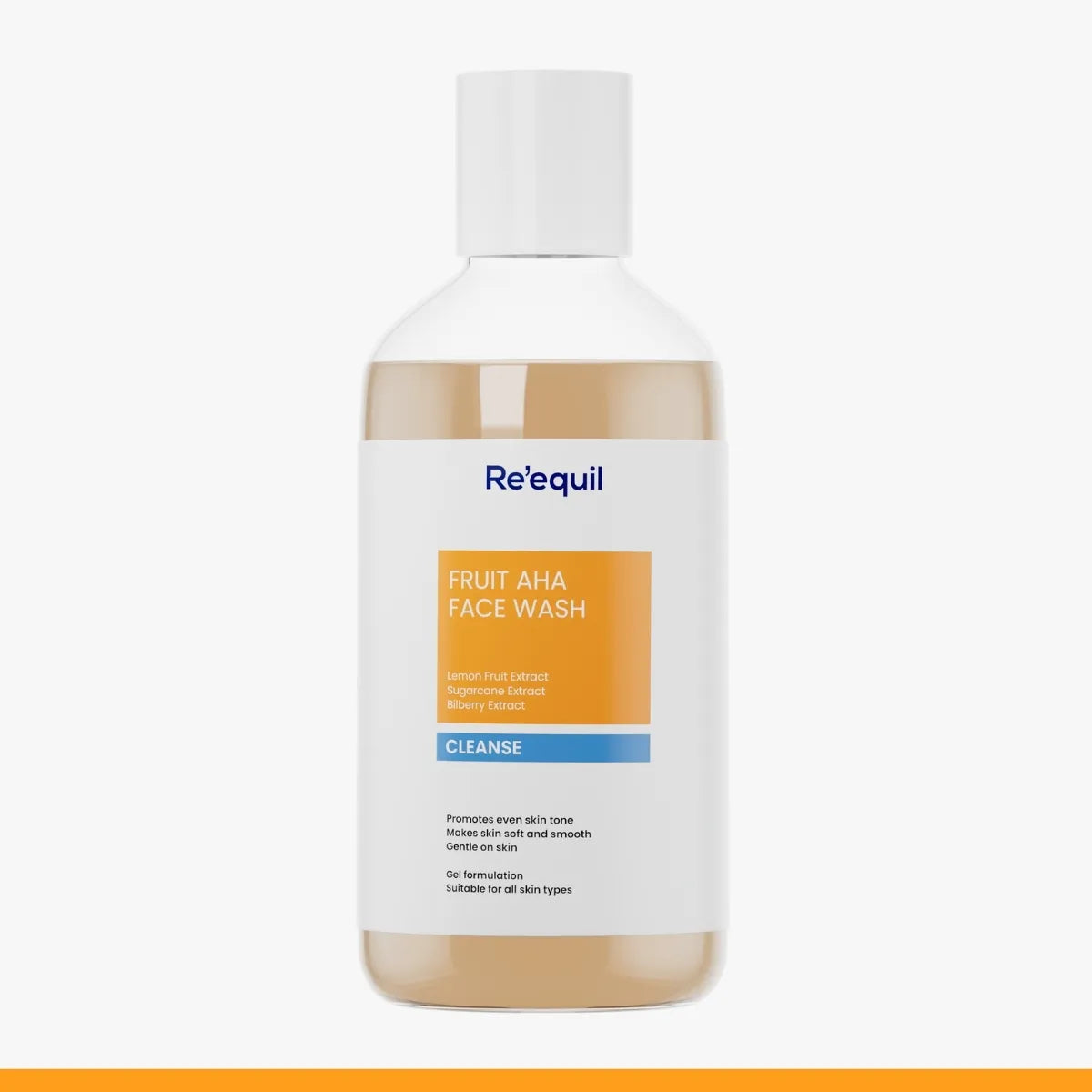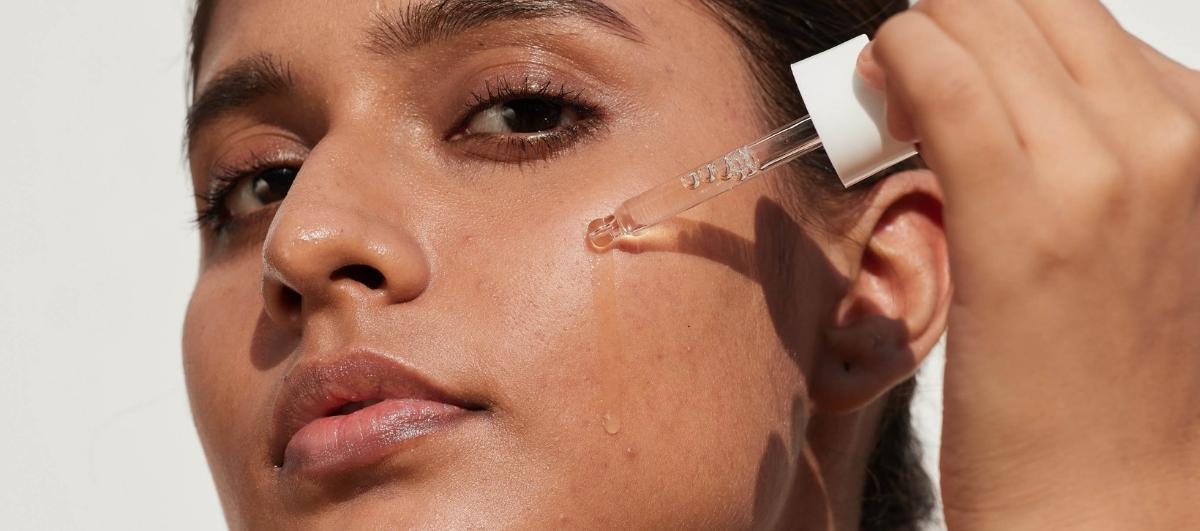Achieving your desired skin takes time, patience, and finding the right combination of products that work for your skin type. But even when you've found the right products and developed a solid skincare routine, you'll likely need to make some upgrades along the way.
If you've found that your current skincare routine just isn't doing it any more, you may be wondering which product is best to incorporate. There are many amazing products on the market that promote better skin health, but not many compare to the amazing benefits of vitamin C serum.
Ultimately, adding a vitamin C serum to your skincare regimen is one of the best investments for your skin health, no matter what your skin type is. If you're ready to upgrade your routine, read on to learn a comprehensive overview of vitamin C serum for the skin.
What is Vitamin C Serum?
You've already heard of vitamin C. This vital nutrient is necessary for our bodies to form blood vessels, cartilage, muscle, and collagen in the bones. Vitamin C is commonly found in foods like pineapple, broccoli, cantaloupe, and oranges. But what is vitamin C serum?
Simply put, a vitamin C serum is a skincare product that is made with vitamin C. These serums usually come in a liquid or gel consistency and are applied topically to the skin.
One of the reasons why vitamin C serum is so vital for the skin is because it's an antioxidant, which means it helps prevent the forming of free radicals. It's important to minimize free radicals as much as possible because they are responsible for breaking down collagen and elastin over time.
There's really no downside to using vitamin C for your skin. In fact, it protects against a variety of common skincare issues like sunburn, photoaging, hyperpigmentation , and more.
Today, vitamin C serum is becoming a staple in most skincare regimens. Now let's take a look at some specific benefits of vitamin C serums.
5 Benefits of Vitamin C Serums
Vitamin C serum has a variety of benefits that can amplify your skincare routine. Take a look at these 5 benefits to consider.
1. Treats Hyperpigmentation
Many people want to remove hyperpigmentation from their skin but often find it difficult to achieve.
Hyperpigmentation is a common condition that results in darker patches of skin. Someone with hyperpigmentation may experience small patches, larger patches, or hyperpigmentation that can cover the entire face.
Luckily, vitamin C serum does a good job in this department. Regular use of vitamin C serum can effectively treat hyperpigmentation by balancing out excess melanin production, enabling you to achieve optimal skin.
Among all the vitamin forms, Ethyl Ascorbic Acid is found most effective in fading away age spots, melasma, and sun damaged skin.
2. Boosts Collagen Production and Improves Skin Firmness
Vitamin C is necessary for collagen production. Vitamin C is ultimately the essential cofactor for the two enzymes required for collagen synthesis. These enzymes include prolyl hydroxylase, which stabilizes the collagen molecule, and lysyl hydroxylase, which gives structural strength.
This is why incorporating a vitamin C serum into your regimen is so crucial.
Vitamin C serum gives your skin a well-needed boost in collagen production , which also helps the dermis retain its firmness and elasticity.
3. Potent Free Radical Scavenger
Free radicals are atoms that damage the skin cells, leading to illness and ageing. As a result, it's important to actively eliminate free radicals in the body.
The good news is that vitamin C serums fight free radicals by neutralizing radicals formed in UV radiation, pollution, and chemicals . With regular use of vitamin C serum, fighting free radicals and improving your skin becomes easier than ever.
4. Calms Acne Inflammation and Promote Skin Healing
Investing in a Vitamin C serum is a great option if you're looking to combat acne-prone skin.
Vitamin C derivatives like Sodium Ascorbyl Phosphate are great for acne prone skin . Not only does it increase the flow of antioxidants to the affected acne areas, but it helps neutralize inflammation and prevents breakouts from occurring.
Along with this, this vitamin C helps to brighten dark spots that are often left behind when a pimple heals. Those with acne-prone skin should invest in vitamin C serums that stimulate collagen synthesis, improve skin texture, and reduce the appearance of acne like the C10 SAP Serum .
5. Fades Away PIH (post-inflammatory hyperpigmentation), Acne Marks, and Acne Scars
Vitamin C products, especially serums that comprise Sodium Ascorbyl Phosphate with Niacinamide help to boost skin radiance and refine the skin texture in acne prone skin types.
However, for stubborn acne marks or acne scars, serums with 5% Niacinamide and Copper Tripeptides will offer great benefits. Topical use of such serums accelerates skin healing to diminish the acne scars , promotes an even skin tone, and boosts collagen production to refine the texture of your skin.
Not only that, but it improves acne spots and scars by preventing the build up of damaged protein on the skin.
At What Age Should You Start Using Vitamin C Serum?
Deciding when to incorporate vitamin C serum is a question that many people ask.
There is no set age for when you need to use vitamin C. But if you're in your early 20s , now is the perfect time to incorporate vitamin C into your skincare regimen and continue to use it throughout adulthood.
Developing a skincare routine that includes vitamin C serum will do wonders for your skin for years on end, as vitamin C is a potent protector against free radicals, which is a big contributing factor to ageing skin.
How Many Times in a Day Do You Have to Apply Vitamin C Serum?
Each type of serum has its own recommendations for use.
But for vitamin C serums, it's often recommended that you apply your serum twice daily or every eight hours. This generally means that applying your serum in the morning and at night should give your skin the boost it needs.
If you're looking for a serum to incorporate into your night routine , consider serums with Ascorbyl Tetraisopalmitate , which is a vitamin C derivative good for night skin care regimen. It increases UV photoprotection, lightens dark spots and discolourations, fights free radicals, and so much more.
C20 VCIP Vitamin C Serum is one to consider if you're looking for an effective serum to implement in your night skincare routine.
What is Better for Wrinkles: Vitamin C or Retinol?
Vitamin C and retinol are considered two skin must-haves for your regimen. Ultimately, both vitamin C and retinol do an exceptional job at combating wrinkles, and which one you choose will depend on your preference. Let's take a closer look at how both of these products help combat wrinkles.
Vitamin C
You'll likely find vitamin C in most anti-ageing products. This is because vitamin C is one of the most effective nutrients to combat wrinkled skin.
According to studies, vitamin C can reduce the appearance of wrinkles when you regularly use it for 12 weeks .
Vitamin C is an all-around product that's good for any type of skin. Not only does it have great anti-ageing properties, but it also has essential antioxidants and anti-pigmentary properties.
In addition to this, vitamin C's role in collagen production is one of the greatest reasons it's good for those dealing with symptoms of ageing skin, such as wrinkles. This much-needed collagen production leads to firmer, younger-looking skin and ultimately slows down skin sagging.
In the morning skin care routine, vitamin C serums function to provide protection against free radical damage. When incorporating vitamin C products, be sure to also wear sunscreen to increase your skin benefits.
Even new generation forms of Vitamin C like Ascorbyl Tetraisopalmitate works best in the night skin care regimen. This latest vitamin C derivative helps to accelerate skin repair and renewal during sleep.
Retinol
Retinol is an over-the-counter (OTC) formulation of vitamin A. It is one of the most popular skincare products commonly used to treat skincare concerns, such as saggy pores, maturing skin, and dull skin.
Retinol is actually a type of retinoid which is made from the A vitamin. But retinol is the strongest version of retinoid that consumers can get over the counter.
Instead of removing dead skin, the small molecules in retinol go deep beneath the outer layer of your skin to the dermis layer (middle layer). Once it's in the middle layer, retinol helps to neutralize free radicals, which boosts the production of elastin and collagen. As a result, people often see a reduction in fine lines, wrinkles, and enlarged pores.
When incorporating retinol into your skin care regimen , be sure to start with a low concentration. Using it sparingly will allow you to see how your skin responds to the product. It's best to use it twice a week initially and should ultimately be incorporated into your night skin care regimen.
Enhance Your Skin with a Quality Vitamin C Serum
If you have skin concerns, incorporating a vitamin C serum will be one of your greatest investments. The benefits of vitamin C serum certainly stand out and play an important role in achieving optimal skin health and appearance.
For instance, vitamin C serum helps combat ageing, aids in collagen production, protects against free radicals , and so much more. What's even better is that vitamin C serum is the perfect addition for any skin type.
Are you ready to enhance your skincare regimen? Shop now to find the right serum for you.





